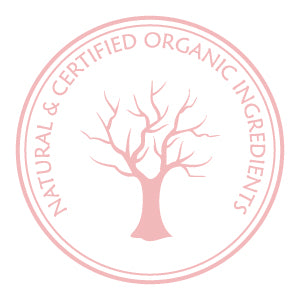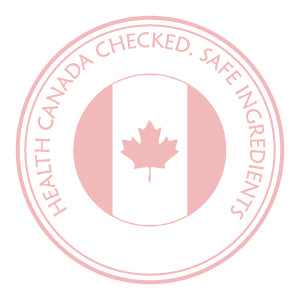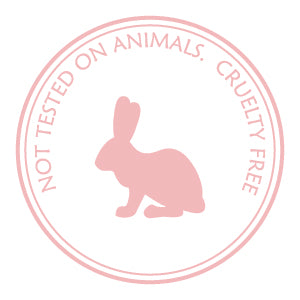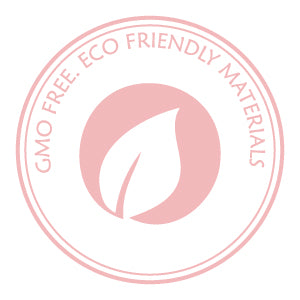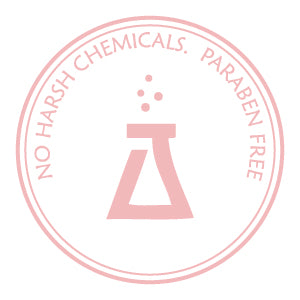Is Certified Organic Skin Care A Better Choice?
THE TRUTH BEHIND THE CERTIFICATION PROCESS
Organic skin care certification is still in its infancy; at present, there are two types of certification available to cosmetic companies: organic certification using food standards and organic certification specialized for the beauty industry.
Unfortunately, there are limitations to both and neither reflects our philosophy and commitment to create high quality, safe and natural face products that are completely free of any toxic and synthetic materials.
The reason why we have not yet applied for organic certification is simple; as of now, there are NO standards which reflect the true meaning of the organic concept. We strongly anticipate the development of appropriate and reliable certified criteria and refuse to simply follow the popular trend of putting a meaningless logo on our labels.
Instead of misleading our esteemed customers and further devaluing the significance of authentic organic products in general, we formulate our all-natural skin care products with individually certified organic ingredients the authenticity of which can be legitimately guaranteed.
CERTIFICATION BY FOOD STANDARDS
Organic skin care certification using food standards limits the formulator to using food ingredients, which not only greatly compromises the quality of the natural face care product but, as will be discussed further, may also pose serious health risks to the consumer.
Natural personal care products formulated in this manner are either an old fashioned beeswax recipe, which leaves a greasy barrier on the skin, or are similar in their composition to custards such as lecithin and starch combinations which, obviously, are not suitable to be consumed as facial care.
The major setback to this method is that although it appears to be a healthy, toxic free choice, it can actually jeopardize customers’ health. The certifier, in this case, is mainly concerned with the organic origin of the content completely disregarding the cosmetic safety standards.
This type of certification does not allow the use of ingredients intended for natural face care preservation purposes. It is understandable that health-conscious consumers do not expect to find these ingredients in an edible product. Nonetheless, food products differ profoundly from cosmetics in their nature, the way they are consumed, and stored.
Any organic food product containing water and no preservatives must be consumed within days, sometimes hours, once opened and is usually stored in the refrigerator at cold temperatures. An organic face care product, on the other hand, is used over a longer period of time and is often stored in a moist, warm location, which is a perfect environment for pathogens to thrive.
The only truly certified personal care products that are free of any microbial contamination are those beauty products that do not contain any water. Although comprised of only organic ingredients, this type of face creams and lotions do not possess efficient moisturizing properties and are not properly absorbed thus leaving all the nutrients on the skin surface.
CERTIFICATION FOR COSMETICS
This procedure is quite costly to the cosmetic companies willing to certify their products, so privately operated accreditation bodies understandably lower their standards in order to financially sustain themselves by attracting more clients.
The high cost of certification considerably increases the price of the beauty products without necessarily improving their quality. This type of certification takes into account the preservation issues and requires the skin care product to be certified to pass microbiological testing.
However, organic face care certified by these standards is allowed to contain synthetic preservatives and other synthetic ingredients. Any skin care product will be granted permission to carry a certified label as long as it contains only 10% of organic materials and is allowed to include up to 5% of synthetic ingredients such as preservatives.
That kind of practice questions the purpose and the integrity of the organic certification process. The unfortunate truth is that, currently, certified organic skin care may not necessarily be as beneficial and healthy as one might expect.

